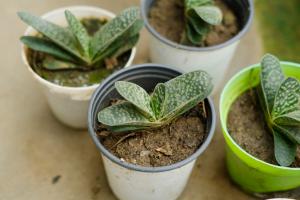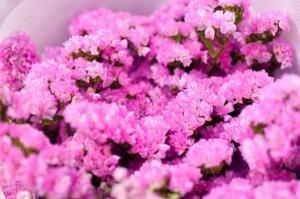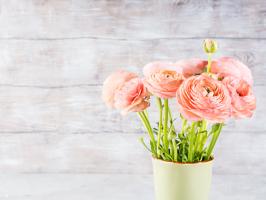What if you watered your plants with pool water?
Many people wonder if it is safe to water their plants with pool water. If you are one of those people, this article is for you. First, let's look at the components of pool water.
The components of pool water
Pool water contains several components that can potentially harm your plants. Chlorine is a common component used to treat pool water and keep it clean. However, it is toxic to plants in high concentrations. Other components found in pool water include salt, calcium, and acids like hydrochloric acid.
While these components can be harmful to plants, a small amount of pool water mixed with normal water may not cause significant harm. However, you should not rely on pool water as your primary source of watering for your plants.
Risks of using pool water for plants
Even if you use a small amount of pool water mixed with normal water for your plants, you should be aware of the potential risks. One of the main risks is salt buildup in the soil, which can harm the root system of your plants. Salt buildup can also damage the leaves of your plants, making them brown and crispy.
The chlorine content in pool water can also harm your plants. It can cause leaf burn, making the leaves yellow or brown. Chlorine can also affect the plant's ability to photosynthesize, which is crucial for its growth and development.
Additionally, the calcium content in pool water can cause mineral buildup in the soil, making it hard for water and nutrients to penetrate the roots of your plants.
Alternatives to using pool water for plants
If you want to water your plants with something other than tap water, there are several alternatives you can use. One option is rainwater, which is free of chemicals and rich in nutrients. You can collect rainwater in a rain barrel to use for watering your plants.
If you live in an area where it rarely rains, filtered or distilled water can be an option. Both types of water are free of minerals and chemicals, making them ideal for plant growth.
Conclusion
While using pool water for your plants may not cause significant harm, it can potentially lead to various issues like salt buildup, chlorine burn, and mineral buildup. It is safer to use alternatives like rainwater or filtered water for your plants. Remember that water is critical for plant growth and development, so be sure to give your plants what they need to thrive.

 how many times do yo...
how many times do yo... how many planted tre...
how many planted tre... how many pine trees ...
how many pine trees ... how many pecan trees...
how many pecan trees... how many plants comp...
how many plants comp... how many plants can ...
how many plants can ... how many plants and ...
how many plants and ... how many pepper plan...
how many pepper plan...































